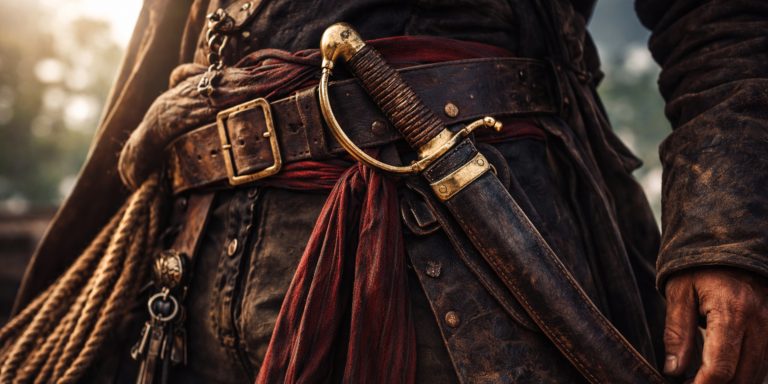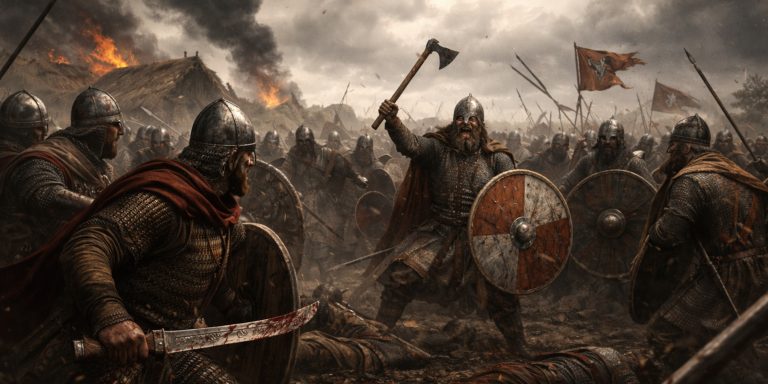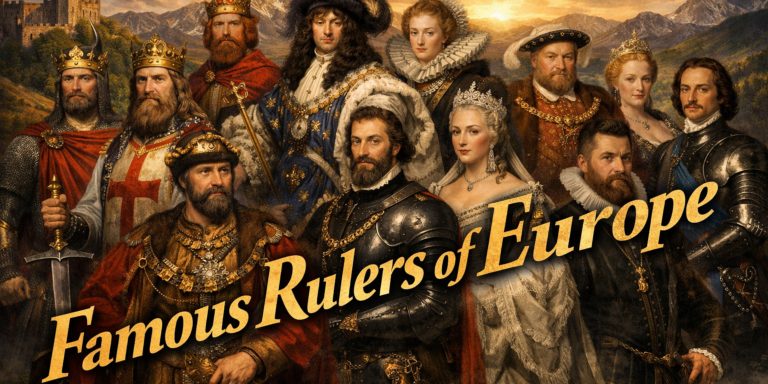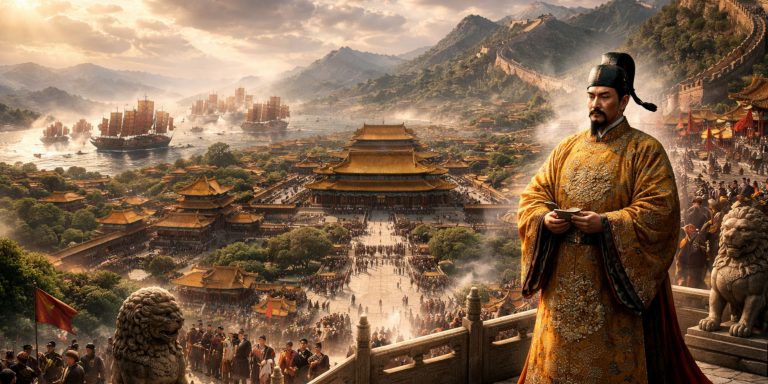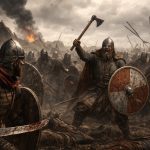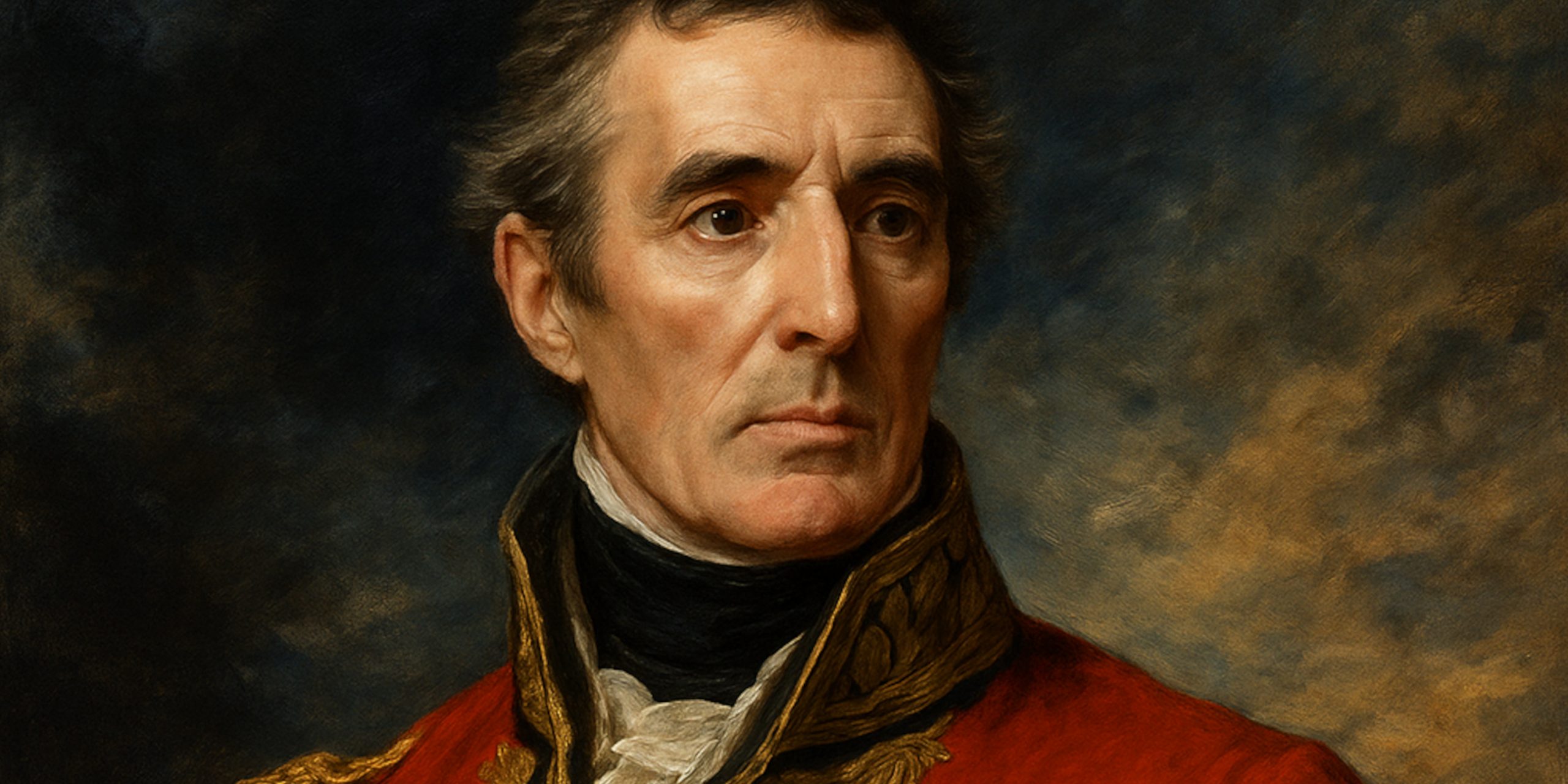
Arthur Wellesley has been pulled apart and put back together by generations of biographers. Some treat him as a marble statue, others as a frosty ironclad figure who won by sheer stubbornness. I have spent long enough buried in both the surviving letters and the messier accounts from his contemporaries to know that he was far more textured than the shorthand versions found in schoolbooks. What follows is a set of facts and myths that help restore a little of that nuance, the sort you find when you read between the lines of dispatches rather than skim the more heroic retellings.
Facts
He mastered logistics with near obsessive focus
Wellington won battles because he understood supply chains better than most generals of his age. He knew that hungry men broke faster than well fed ones, and the care he took to secure his lines in the Peninsula explains why he could stand his ground with such confidence. His letters are full of clipped instructions that show a mind always calculating the next march.
He preferred defensive positions but did not fear attack
People often paint him as a commander who always hid behind a ridge. It is true that he used ground cleverly, but he also launched counterstrikes with precise timing. Fuentes de Oñoro is a good example, where his willingness to shift troops rapidly saved the day.
He had a deep sense of duty that bordered on self denial
The man was not warm, at least not in public, but he never shied from responsibility. Even in old age he insisted on attending to matters of state with the sort of diligence younger statesmen would have envied.
He was more cultured than his critics claimed
There is an old idea that Wellington was purely practical and had no interest in the arts. Yet he played the violin in his youth and kept a close circle of literary acquaintances later in life.
He was genuinely respected by allies and rivals alike
Napoleon’s reported comments on Wellington’s steadiness may be embellished in later retellings, but there was a shared recognition between the two that each represented the finest end of their respective military traditions.
He stayed remarkably calm under pressure
Accounts from Waterloo suggest a man who could turn ice cold when needed. Several officers noted that he spoke more quietly in moments of danger, not less, which always struck me as a mark of someone who had mastered his own nerves long before the cannon began to fire.
He was a shrewd political operator
His decades in Parliament and his service as Prime Minister show a figure far from the battlefield automaton some descriptions give us. He had firm, sometimes rigid views, yet he understood the machinery of government well enough to guide it through difficult years.
Myths
He was unfeeling and entirely humourless
The stereotype of Wellington as a granite faced commander does not hold up to close reading. He could be sharp, dry and even witty. His letters to friends reveal a man capable of warmth, though he did his best to hide it from the public.
He disapproved of all personal comforts
He was not a monk. He liked good food and kept an orderly but comfortable household. His famous simplicity in dress came more from habit than any philosophical rejection of pleasure.
He had an easy confidence from a young age
Wellesley’s rise was not inevitable. He spent years being dismissed as the less promising brother. His early struggles in India shaped him and the later general emerged from hard won experience, not youthful arrogance.
He won Waterloo alone
This myth persists because it suits a tidy narrative, but the battle depended on the Prussian arrival and on the stubborn skill of units across the ridge. Wellington’s leadership held the line, but no single commander could have won that fight in isolation.
He despised reforms and resisted every change
He was cautious with political reform, that much is true, but he was not blind to shifting realities. His stance on Catholic Emancipation shows a man who bent, reluctantly but decisively, when he believed the alternative would harm the country.
He loved duelling and confrontation in private life
He was no swashbuckler. The single famous duel with Lord Winchilsea was theatre more than threat. Wellington preferred to settle disputes through direct conversation, not pistols.
He lived entirely free of self doubt
If you read his private correspondence, you find moments of hesitation and concern. He carried the weight of command heavily and often worried for the welfare of his men. The polished public image hides the quieter anxieties beneath.
Wellington remains one of those figures who becomes more intriguing the more you peel back the layers. The public statue gives you the outline, but the surviving words and the small human gestures bring back the man behind the victories.
Watch the documentary:

